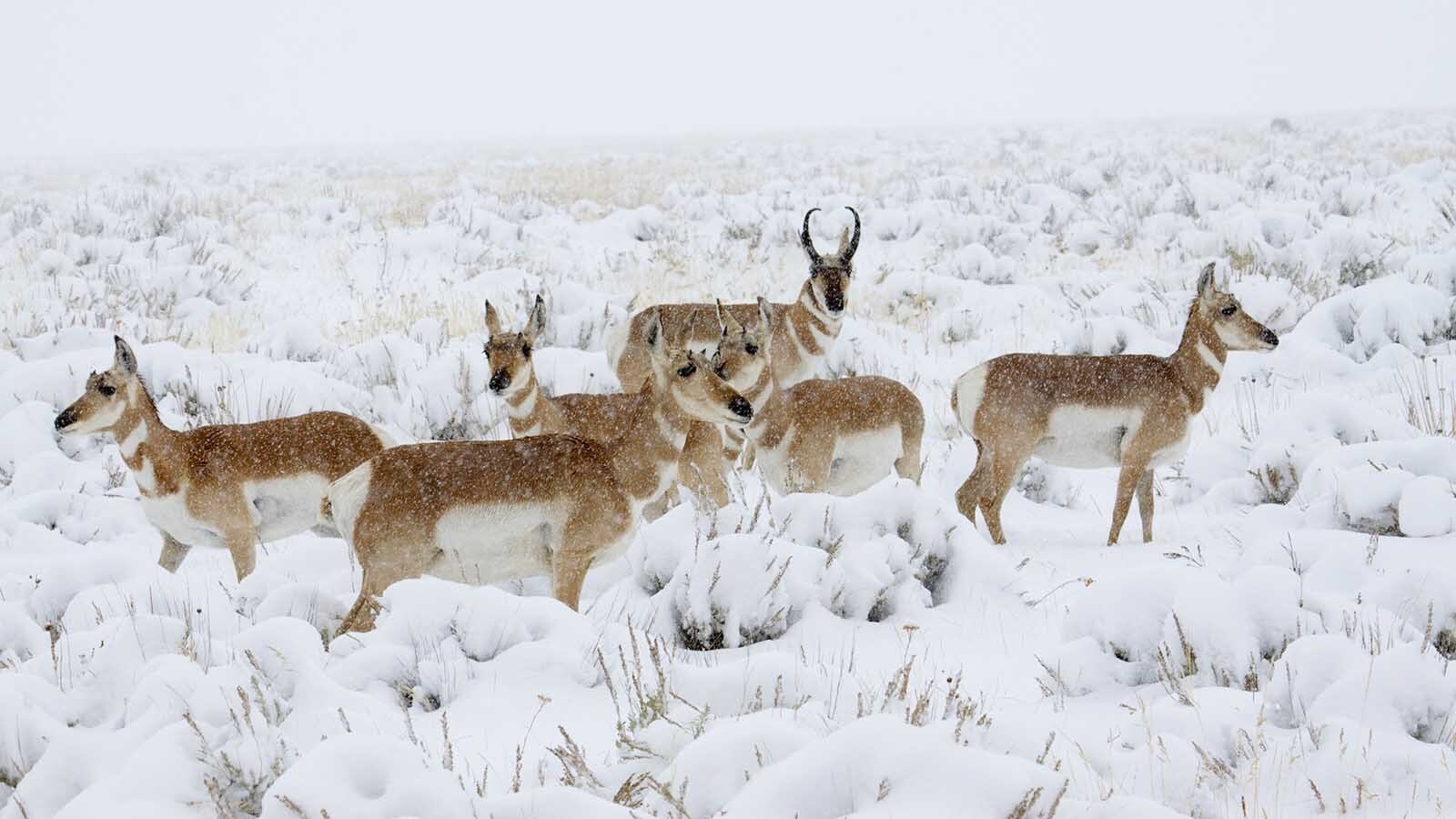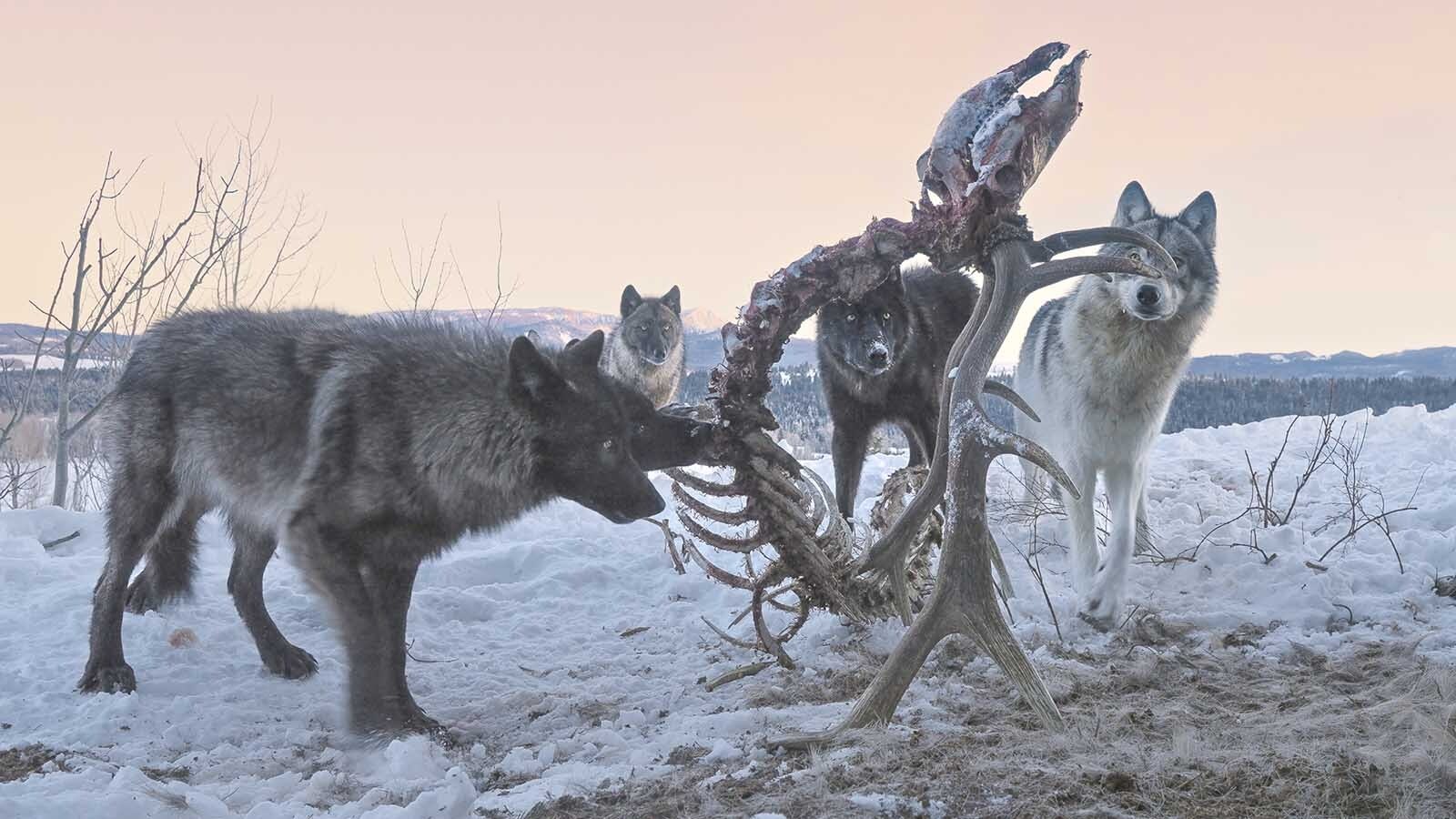Wyoming ranchers and other agricultural groups have weighed in on a famous “corner-crossing” case that could have implications for landowners and hunters across the United States.
They’re asking the U.S. Supreme Court to hear the case of a controversial Wyoming corner-crossing incident.
Last month, attorneys for Iron Bar Holdings LLC and its owner, Fred Eshelman of North Carolina, filed their petition asking the Supreme Court (SCOTUS) to hear the case.
The case faces steep odds of getting a SCOTUS hearing.
Even so, the Wyoming Stock Growers Association and others plan to file anamicus brief by Aug. 18, asking the high court to take up the case.
At issue is whether four Missouri hunters trespassed when they crossed the pinpoint intersection at the adjoining corner of square parcels of public land and ranch property in September 2021.
Across Wyoming and the West, such parcels of public and private land are mixed in checkerboard patterns.
Lower courts have ruled in the hunters’ favor, leaving a possible hearing before SCOTUS as the last Hail-Mary option for Iron Bar Holdings.
About More Than Just One Ranch
The core argument of the agricultural groups is that the outcome of the case will affect not only Iron Bar property, but also farms and ranches across the West, Wyoming Stock Growers Executive Vice President Jim Magagna told Cowboy State Daily.
“This isn’t just about a win or a loss of one landowner,” he said.
Wyoming attorney Ryan Semerad, who represents the hunters, told Cowboy State Daily that he plans to file a reply to Iron Bar’s petition by Sept. 17.
Semerad said he doesn’t expect a decision on whether the case will be heard until late October.
Many Requests Filed, Few Cases Heard
Cases need the approval of four of the nine justices to move on to the merit stage. In the merit stage, opposing parties are given the opportunity to present their arguments to SCOTUS justices.
Cases require at least a 5-4 majority ruling among the justices to prevail.
As many as 6,000 to 7,000 applications for the Supreme Court to hear cases are filed each year. Of those, the justices might hear 50-70.
Ranchers Say Case Must Be Heard
The amicus brief set to be filed this month is narrowly focused, Magagna said.
It argues only that SCOTUS should hear the case because a “clear ruling” on corner-crossing is needed, he said.
“In this filing, we’re not making an argument either way (about the legality of corner-crossing). We’re just encouraging the court to take this case,” Magagna said.
In lower courts, the Wyoming Stock Growers and others have argued that corner-crossing should be considered trespassing.
As the agricultural groups see it, private property rights apply not only to the ground, but also to the airspace going up roughly 300 feet, he said.
If the case goes before the SCOTUS, the groups might file a second amicus briefreiterating that argument, Magagna said.
As Semerad sees it, the case was already settled in lower courts and doesn’t need to go before SCOTUS. If it does, he said he’s confident that the argument that corner-crossing between parcels of public land isn’t trespassing will prevail again.
‘Ladder-Like Device’
The possibility of the case being heard by the highest court in the United States is the culmination of a yearslong legal battle.
In September 2021, Missouri residents Bradley Cape, Zachary Smith, Phillip Yeomens and John Slowensky used a ladder-like device to clamber over metal posts and a chain that Iron Bar employees had set on the pinpoint corner where ranch property and public land meet in a checkerboard pattern.
Eshelman and Iron Bar initially filed a criminal trespassing complaint against the hunters, but a Carbon County jury cleared them of those charges.
Iron Bar Holdings and Eshelman subsequently filed a civil lawsuit against the hunters, claiming they had violated the ranch’s air space when they crossed the corner, and in doing so had damaged the value of the ranch by several million dollars.
That touched off a lengthy series of hearings and appeals, with courts ruling in favor of the hunters. The latest decision in favor of the hunters came down from the 10th Circuit Court of Appeals in March.
Judges David Ebel, Timothy Tymkovich and Nancy Louise Moritz unanimously upheld a 2023 ruling from Wyoming U.S. District Judge Scott Skavdahl siding with the hunters.
Their ruling affirmed the validity of the 1885 Unlawful Inclosures Act (UIA), which outlaws obstructing settlement and transit through public lands.
Mark Heinz can be reached at mark@cowboystatedaily.com.





